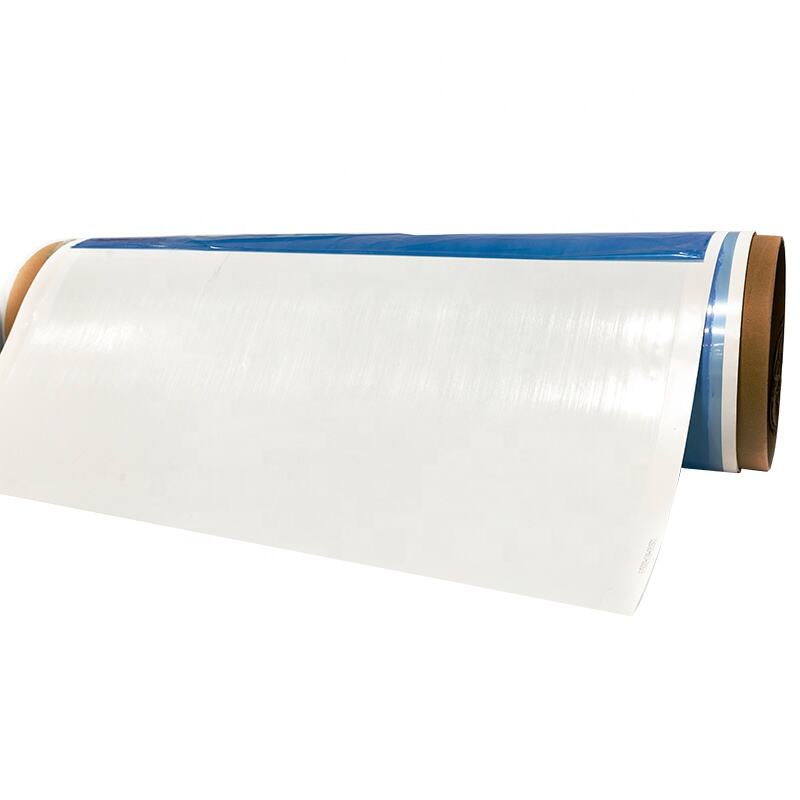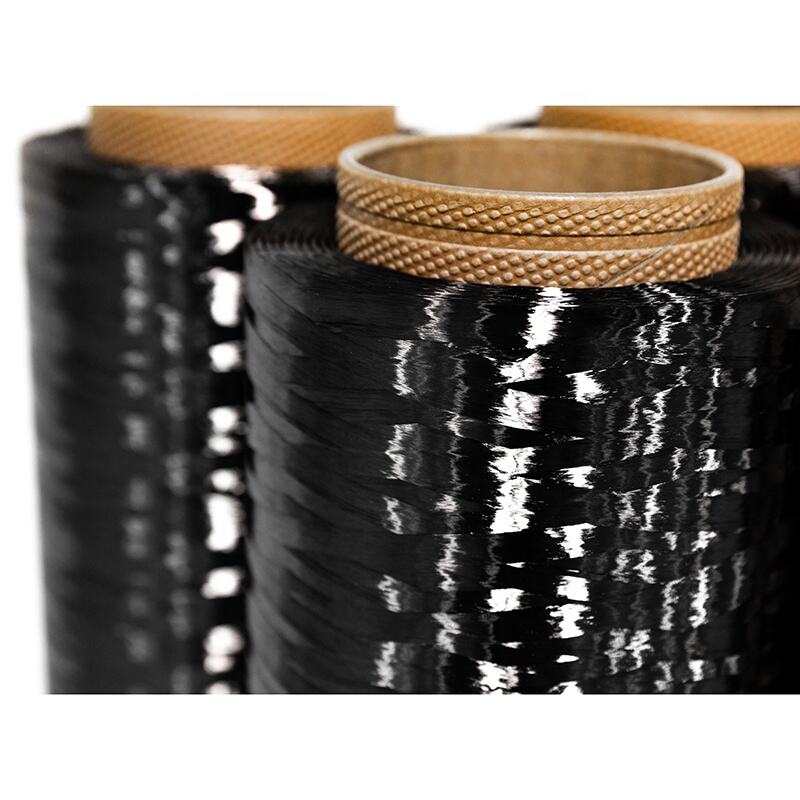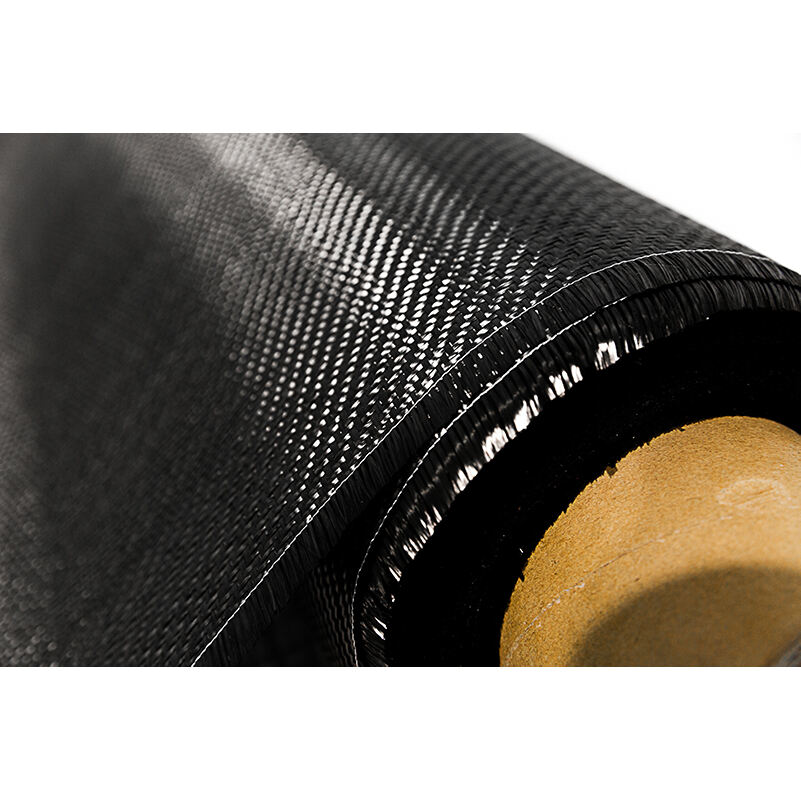carbon fiber reinforced polymer
Carbon Fiber Reinforced Polymer (CFRP) represents a revolutionary composite material that combines high-strength carbon fibers with a polymer matrix to create an exceptionally durable and lightweight material. This advanced composite consists of microscopic carbon fiber strands woven together and embedded within a polymer resin, typically epoxy. The resulting material exhibits remarkable strength-to-weight ratios, often exceeding those of traditional construction materials like steel and aluminum. The manufacturing process involves carefully aligning carbon fibers in specific directions to optimize strength and stiffness according to anticipated load requirements. CFRP's versatility allows it to be molded into complex shapes while maintaining its superior mechanical properties. The material demonstrates exceptional resistance to fatigue, corrosion, and temperature variations, making it ideal for demanding applications. Its applications span across numerous industries, including aerospace, automotive manufacturing, sporting goods, and civil engineering. In aerospace, CFRP is crucial in reducing aircraft weight while maintaining structural integrity. The automotive industry utilizes it for lightweight body panels and structural components, contributing to improved fuel efficiency. In civil engineering, CFRP finds applications in strengthening existing structures and constructing new bridges and buildings. The material's adaptability and performance characteristics have made it indispensable in modern engineering and manufacturing.


